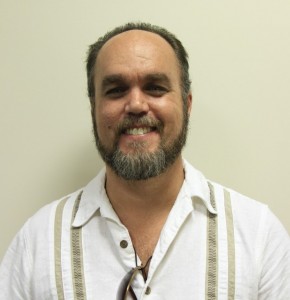 In his 1964 Nobel acceptance speech, Martin Luther King Jr. noted the seeming disparity of awarding the prize to a leader of the civil rights movement at a time when racial violence in the United States was increasing; when bombings, police brutality, murders and violence of all sorts were commonly employed against blacks and their supporters. “I must ask why this prize is awarded to a movement which is beleaguered and committed to unrelenting struggle; to a movement which has not won the very peace and brotherhood which is the essence of the Nobel Prize.”
In his 1964 Nobel acceptance speech, Martin Luther King Jr. noted the seeming disparity of awarding the prize to a leader of the civil rights movement at a time when racial violence in the United States was increasing; when bombings, police brutality, murders and violence of all sorts were commonly employed against blacks and their supporters. “I must ask why this prize is awarded to a movement which is beleaguered and committed to unrelenting struggle; to a movement which has not won the very peace and brotherhood which is the essence of the Nobel Prize.”
Ever the eloquent orator, he answered his own question: “I conclude that this award which I receive on behalf of that movement is a profound recognition that nonviolence is the answer to the crucial political and moral question of our time - the need for man to overcome oppression and violence without resorting to violence and oppression. Civilization and violence are antithetical concepts.”
Comparing the plight of blacks in the U.S. to that of Indians under the British Raj, he reaffirms the moral power of nonviolence. “Sooner or later all the people of the world will have to discover a way to live together in peace, and thereby transform this pending cosmic elegy into a creative psalm of brotherhood,” he said. “If this is to be achieved, man must evolve for all human conflict a method which rejects revenge, aggression and retaliation. The foundation of such a method is love.”
King had a gift for couching the struggle for justice in heady phrases of seemingly cosmic significance, and he was right to do so. These are questions for the ages if ever they were any. Beyond that however, he had a practical and almost hard-nosed vision of how the work was done on a day-to-day, person-to-person level.
Like Gandhi, he was able to turn the simplest of endeavors into moral combat. The Indians marched to the sea and collected salt. Civil rights activists here rode buses, sat at lunch counters and registered voters. Also like Gandhi, he refused to view those opposed to his views as enemies, and always encouraged his followers to love rather than hate.
Today, his legacy lives on. Since 1986, the U.S. has observed Martin Luther King Day as a federal holiday. This year it is on Monday, Jan. 20. Instead of another day off, citizens have been encouraged to make it a day of service. Beyond community service projects, and in recognition of King’s larger commitment to nonviolence, some individuals, families, communities and others take on the challenge of 40 Days of Peace, started by Service for Peace in 2008. Besides signing the pledge, participants can read daily quotes from King, Gandhi and others, as well as take on a Daily Act of Peace.
The actions lie at the heart of King’s lasting message and are the only real way to affect long term social change. The creators of the event encourage us to do our part in creating communities of peace and expanding our “relational horizons” through increased awareness of our impact on others, thinking before we act and choosing how to act in each situation. The challenges range from fairly simple -- “Say something kind to two strangers” -- to difficult (at least for me) -- “Refrain from judging anyone.”
Take up the challenge, and share it with others. Folks around the country will be doing it with you, from cities to schools to prisons, and the more we let others know about it, the greater impact it can have. Work like this is especially important for young people to witness and connect with. If you are reading this there is a good chance you are interested in some aspects of juvenile justice policy and reform. Those are important things, but let’s not overlook the power of our daily actions both to change ourselves and to change others. Happy Martin Luther King Day.